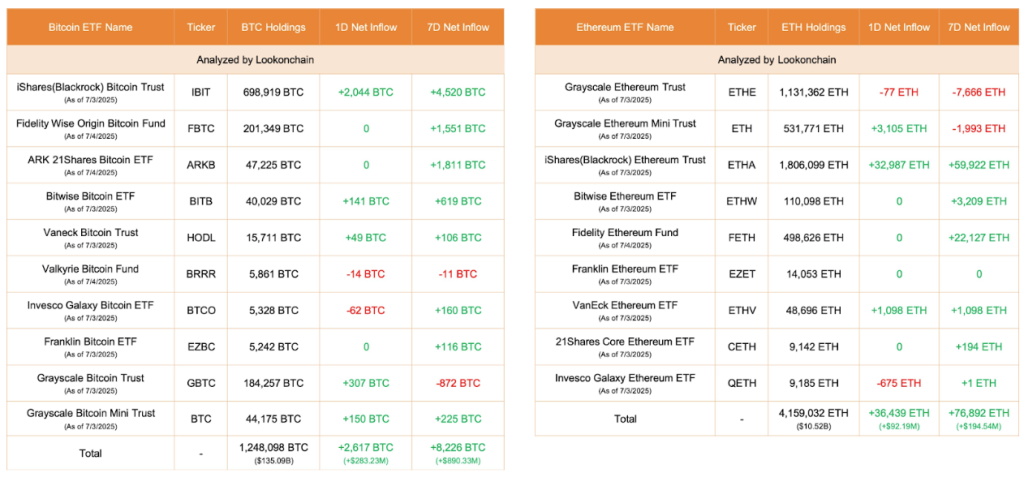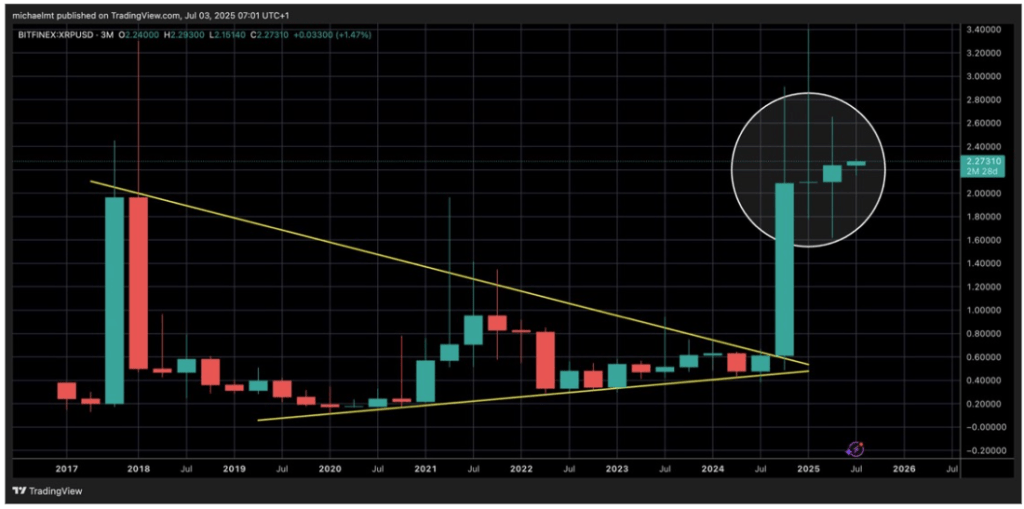Members of the G20 just voted to accept the Crypto-Asset Reporting Framework (CARF). Basically, this is meant to impose reporting standards on crypto-asset service providers to prevent tax evasion, money laundering, etc. It's similar to the standards traditional financial institutions need to abide by, but it might undermine the original intent of crypto.
The bulk of CARF can be broken into 4 sections:
- The scope of cryptos that it covers. Pretty much anything that could be considered to use blockchain or digital ledger technology falls under CARF, with 3 exceptions:
- Cryptos "that do not have the capacity of being used for payment or investment purposes." They don't explain which ones they're referring to. In fact, they say they'll "continue developing guidance" to figure out what this means.
- Central Bank Digital Currencies
- Specified Electronic Money Products, are defined as products "that represent a single Fiat Currency and are redeemable at any time in the same Fiat Currency at par value as a regulatory matter, in addition to meeting certain other requirements."
The people and organizations subject to data collecting and reporting requirements. "cover not only exchanges, but also other intermediaries and other service providers providing exchange services such as brokers and dealers in Relevant CryptoAssets and operators of Relevant Crypto-Asset ATMs."
The type of transactions and the type of information to be reported. The 3 types of transactions are between exchanges, between cryptos, between cryptos and fiat currencies, and "Transfers (including Reportable Retail Payment Transactions) of Relevant Crypto-Assets." The type of information to be collected is the amount, the type of cryptos used, the type of transfer completed, the sender's and receiver's taxpayer information, and all relevant data of the institutions involved.
The due diligence to determine the relevant parties and jurisdictions. This essentially means that all crypto-related institutions need to have the systems in place to collect the necessary information from their customers. For example, Know Your Customer (KYC) obligations force these institutions to collect customer data. Likewise, Anti-Money Laundering (AML) procedures require these institutions to report suspicious behavior, transactions over a certain amount, etc.
CARF was one of many topics brought up at the most recent G20 meeting. The members voted to adopt these guidelines, though it is not binding until individual countries implement them, though all countries will likely do so in the not-too-distant future.
I'm not sure how to feel about it, as it is turning crypto into the traditional financial system. While this may help stop bad actors who use crypto, it is also undermining one of the original points of crypto: anonymity. Right?
[link] [comments]

You can get bonuses upto $100 FREE BONUS when you:
💰 Install these recommended apps:
💲 SocialGood - 100% Crypto Back on Everyday Shopping
💲 xPortal - The DeFi For The Next Billion
💲 CryptoTab Browser - Lightweight, fast, and ready to mine!
💰 Register on these recommended exchanges:
🟡 Binance🟡 Bitfinex🟡 Bitmart🟡 Bittrex🟡 Bitget
🟡 CoinEx🟡 Crypto.com🟡 Gate.io🟡 Huobi🟡 Kucoin.



















Comments